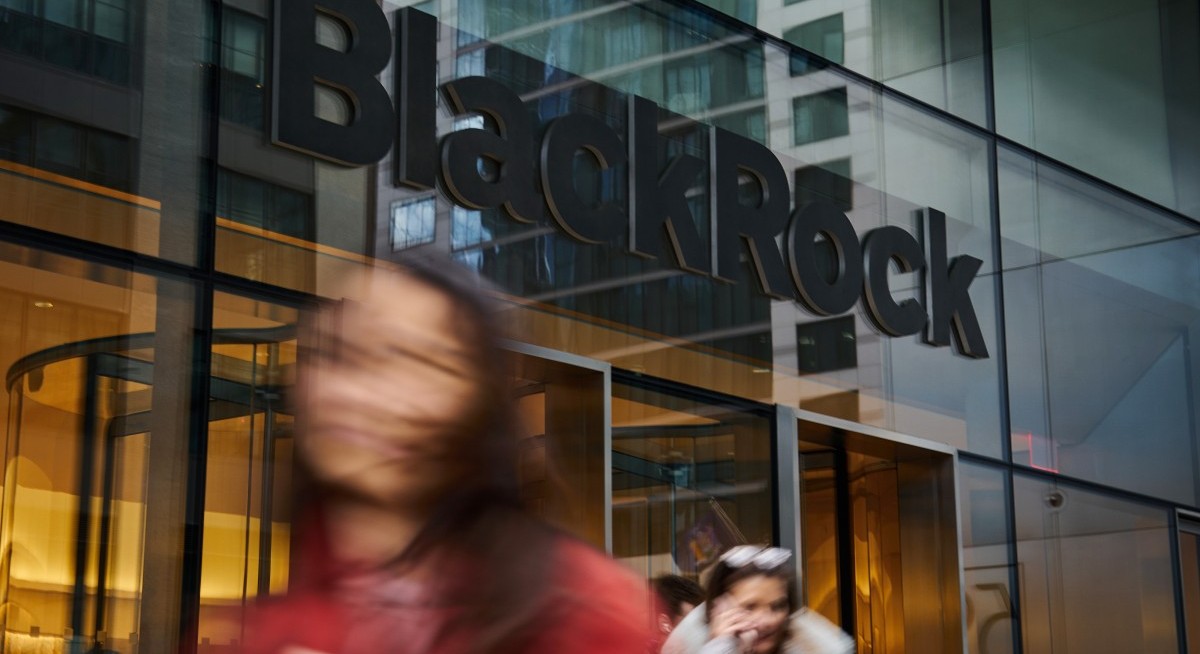Net flows into long-term investments missed the US$61 billion average estimate of analysts surveyed by Bloomberg, as a single institutional client redeemed US$52 billion from a lower-fee index product.
“Our expanding client relationships are resonating in higher, more diversified organic base fee growth,” Chief Executive Officer Larry Fink said in the statement.
Overall net flows into the company’s funds were US$68 billion, including US$22 billion to cash-management and money-market funds.
At the start of the second quarter, Trump’s announcement of unexpectedly stringent tariffs sent global stock markets plunging and led to convulsions in bond markets — at one point rivaling the volatility of the 2008 financial crisis and onset of the pandemic in 2020.
See also: Private credit under the spotlight
About a week later, the president issued a 90-day pause on tariffs for dozens of trading partners.
After the anxiety subsided, investors added to stocks and bonds as the S&P 500 and global indexes quickly recovered.
BlackRock also added US$9.8 billion in alternative investments in the period. Known for years primarily for its low-fee stock and bond funds, the world’s largest asset manager continues to push into private markets and compete with the likes of Blackstone, Apollo Global Management and KKR & Co to reach institutional and, increasingly, retail investors.
See also: National University of Singapore to sell US$500 million in PE and real estate funds: Bloomberg
In his latest annual letter to investors, Fink said the firm is no longer a “traditional asset manager” and pledged to bring private assets to the masses.
Just after the quarter ended, BlackRock completed its US$12 billion acquisition of private-credit shop HPS Investment Partners, its third major purchase in about 18 months. As part of that U$28 billion buying spree, BlackRock also struck deals to buy Global Infrastructure Partners and private-markets data firm Preqin.
With the acquisitions, BlackRock will manage more than US$600 billion of alternative investments, and the company has set a goal to raise another US$400 billion in private assets by 2030.
BlackRock’s adjusted earnings per share in the quarter 16% from a year ago to US$12.05. That beat the average analyst estimate of US$10.87. Revenue rose 13% to US$5.4 billion from a year ago, reflecting higher fees tied to GIP and the positive effect of markets. That was partially offset by lower performance fees.
Shares of BlackRock rose 8.4% through Monday, beating the 6.6% increase of the S&P 500.




